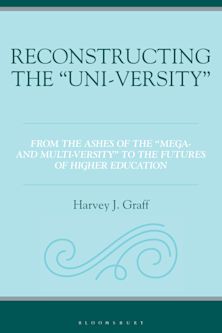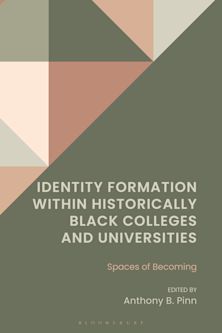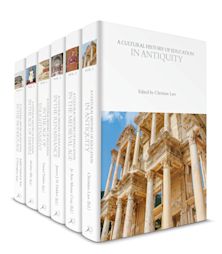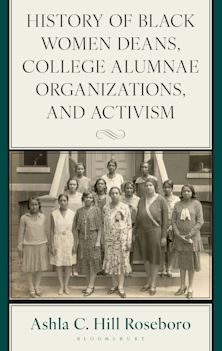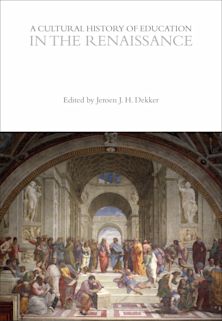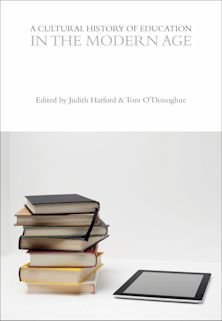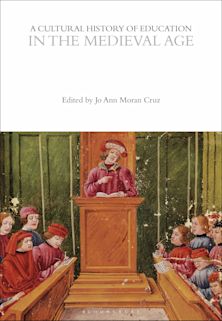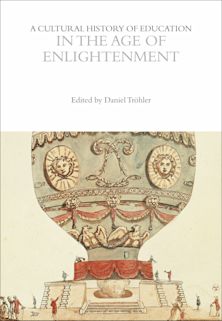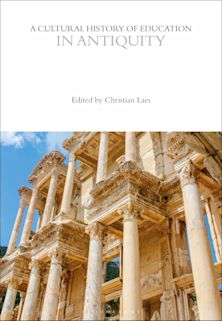- Home
- ACADEMIC
- Education
- History of Education
- The Shape and Shaping of the College and University in America
The Shape and Shaping of the College and University in America
A Lively Experiment
The Shape and Shaping of the College and University in America
A Lively Experiment
This product is usually dispatched within 1 week
- Delivery and returns info
-
Free CA delivery on orders $40 or over
You must sign in to add this item to your wishlist. Please sign in or create an account
Description
This bookpresents the issues, controversies, and key players that formed and enabled the American college and university to endure as a critical institution of the nation and society. Nelson examines contested issues and concerns in the academy such as the role and position of religion; the place and value of the liberal arts; the threat of disunity and balkanization; the ideological contentions and fights for control; the effect of politics and ideologies on its future as an institution; its role as a critic and servant of society; and its promotion of academic freedom, free speech, and liberty. This overview, combined with Nelson’s examination of the historical dramas, influential political forces, and stories of key personalities, provides a nuanced understanding of the evolution of the academy that scholars of Education, American History, and Philosophy will appreciate.
Table of Contents
Chapter 2 The University: What is It and How Does Its Center Hold?
Chapter 3 Contentious Compatibility and the Common Good: The University as Servant and Critic in a Democracy
Chapter 4 The Purpose of the College: Clashes over Liberal Education and Ideas that Prevail
Chapter 5 The Rise of the University: The Influence of Progressivism and the Social Gospel
Chapter 6 Battles over Liberty, Academic Freedom and Free Speech
Chapter 7 The Disuniting of America and the University: A Reprise of Academic Freedom and the Threat of Balkanization in the Quest for Pluralism and Diversity
Chapter 8 The Contemporary Ideological World of the McCarthy Era to Present: Political Rightness and Wrong-Headedness
Chapter 9 A Coda: The Concept of a University in America and the Culture We Deserve
Product details
| Published | Mar 01 2016 |
|---|---|
| Format | Hardback |
| Edition | 1st |
| Extent | 340 |
| ISBN | 9781498515566 |
| Imprint | Lexington Books |
| Dimensions | 239 x 158 mm |
| Publisher | Bloomsbury Publishing |
About the contributors
Reviews
-
The American college and university have never been more essential to the health of the nation and at the same time, more under threat. In a series of interlocking essays exploiting the insights of wise elders, Nelson depicts a varied, ever-evolving academic “marketplace” serving disparate needs and interests. His defense of the university’s fundamental imperatives—open inquiry and service—is more pertinent today than ever.
Michael Birkner, Gettysburg College
-
This is a book for our times. With the corporatization of the modern university, the ideological divides, the controversies over free speech, and the reduction of the humanities, more than ever before we need to be reminded of the long-standing and historic vision of the role of higher education in America. Drawing on a wide expanse of American history, Nelson offers a narration of the roles universities have played over time and a call to keep the university as a place devoted to the common good: where knowledge is passed on to the next generation, ideas can be debated, society and the state can be critiqued and challenged, and students are instilled with a sense of responsibility for giving back to society.
Linford Fisher, Brown University
-
In this collection of essays, Stephen J. Nelson examines the many challenges facing American higher education today through a bracing dialogue with its past. Placing urgent contemporary issues like institutional self-definition, curricular design, ideological conflict, and academic freedom in their deep historical perspective over nearly four centuries, he argues passionately that the essential task for the university is to preserve its fundamental values of open inquiry, free speech, and communal discourse as a model for and expression of American democratic values. Nelson's vision of America's colleges and universities as unique custodians and interpreters of our core values of individualism, equality, and the common good—our creed of "e pluribus unum"—sounds a clarion call for faculty, administrators, and trustees alike to embrace the moral dimensions of their vocations and to call their institutions to accountability in these times of distraction and drift.
Stephen A. Marini, Wellesley College















